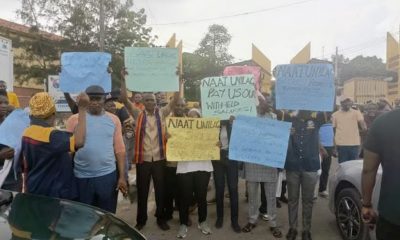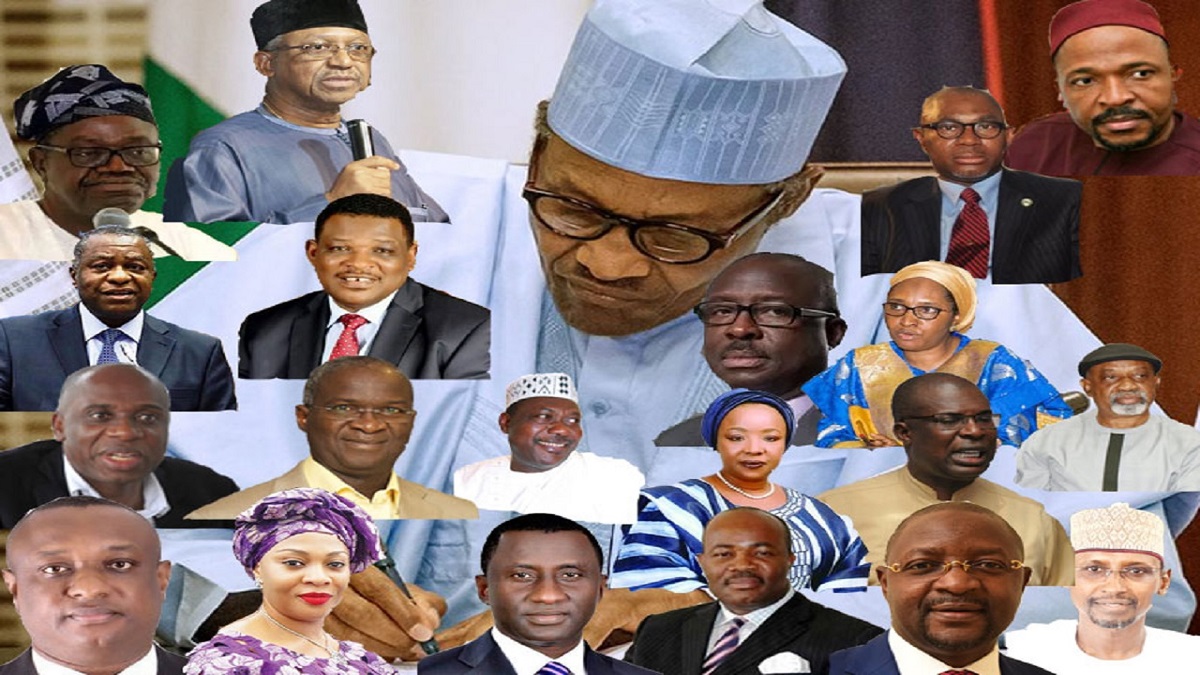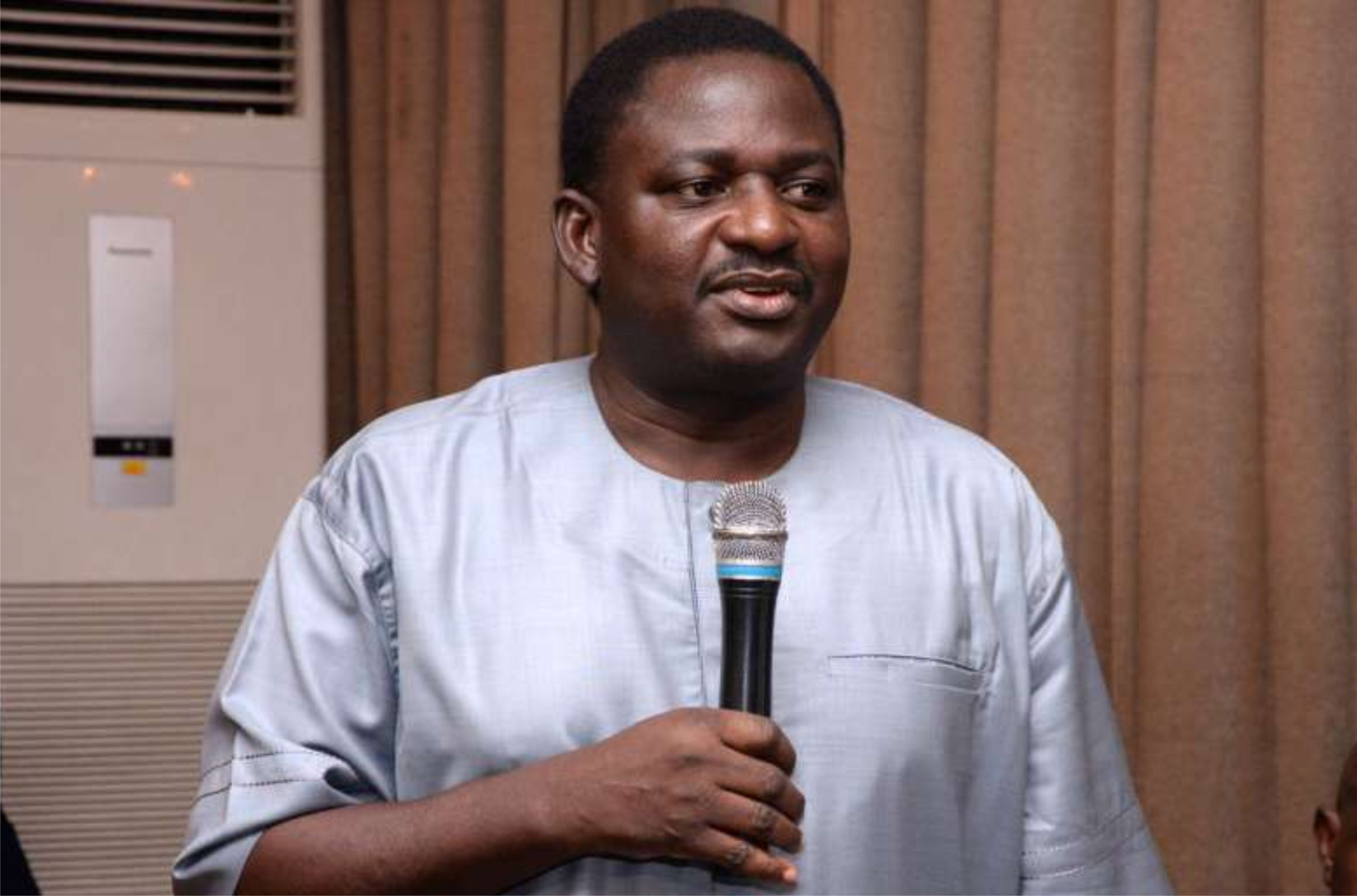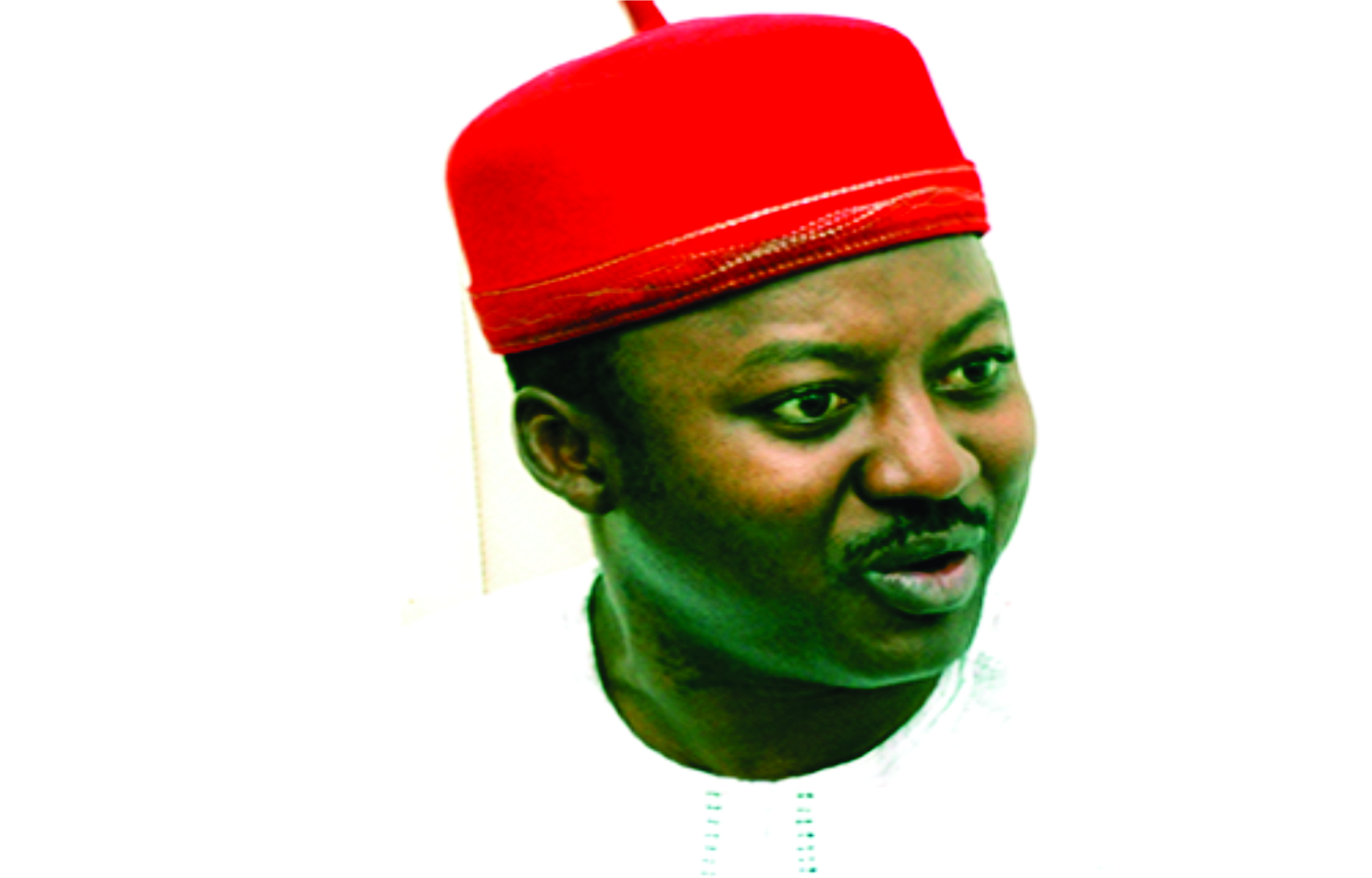- Hausa/Fulani stages counter protest against Igbo in Washington DC
President Muhammadu Buhari has taken inter-ethnic battle which is considered to be prejudicial in his administration, particularly, in the handling of the Fulani herdsmen killings in Nigeria, to the United States of America as he holds bilateral talks with President Donald Trump of the US on Monday, April 30, 2018.
While the Nigerian President departed for the US on Saturday, northern leaders were gathered to have mobilized the Fulani/Hausa residents in the US to stage counter rally against the Igbo residents in the US in support of the Nigerian President.
It was gathered that hundreds of Hausa/Fulani residents in the US started arriving Washington D.C. Friday to stage a counter protest in support of President Buhari during a meeting with President Donald Trump, at the same time Igbo activists would be holding protest rally against the Nigerian leader.
The Hausa/Fulani residents in the US were said to have explained in Washington DC on Friday that the counter protest against the Igbo activists became necessary to pulsate the propaganda that President Buhari is not popular in Nigeria.
“We want to defend the President against the so called Igbo activists, we want to show the international community that Nigeria is fully behind President Buhari,” one of the organizers was gathered to have said.
Buhari left Nigeria on Saturday for a meeting with President Donald Trump at the White House in Washington DC on Monday April 30. While the President was departing the shores of Nigeria, northern leaders feared mass protests that awaited the President and did not want to be taken unaware as was the case in the President’s visit to London, the United Kingdom, where he was humiliated by Nigerians in the Diaspora.
The Presidency in Nigeria had in a statement, explained that the meeting with Trump is “to discuss ways to enhance the strategic partnership between the two countries and to advance shared priorities, such as promoting economic growth, fighting terrorism and other threats to peace and security”.
After meeting with Trump, Buhari will meet with a group of business persons in agriculture and agro-processing, dairy and animal husbandry.
Ahead of the President’s visit, Nigerian officials will be meeting with Boeing, the largest aircraft manufacturer in the world to discuss Nigeria’s National Carrier Project, while on agriculture, they will meet with large equipment manufacturers with focus on harvesting and post harvesting equipment, spokesman Femi Adesina had highlighted in a statement on Friday.
However, before that arrival of President Buhari in the US, thousands of Igbo had arrived the Washington DC for a major protest against the Nigerian leader.
Members of the Indigenous People of Biafra (IPOB) prepared to storm the White House on Pennsylvania Avenue in Washington DC on Monday, April 30 when Buhari would be meeting with President Donald Trump.
In a statement in Washington DC, the organizers of the protest Buhari, a retired Nigerian Army General, is responsible for the death of thousands of Igbo activists who have been demanding independence from the oil-rich but dilapidated West African country.
The group complained that the leader of IPOB, Nnamdi Kanu, disappeared in strange circumstances, fueling speculations that he was abducted by Nigerian security forces following an attack on his residence.
The protesters are accusing the Buhari administration of committing grave human rights violations across the country, and for not prosecuting those who perpetrated them. The accusations would also include the atrocities perpetrated by Fulani herdsmen throughout Nigeria.
Igbo activists have argued that Nigeria has not treated the Igbo fairly following the civil war of 1967-1970 that left at least two million of their people dead as they tried to break up.
It was gathered that the protests had been arriving Washington DC after the United States Government on Friday released a damning human rights report on Nigeria, saying grave violations continued to increase in 2017 while officials who perpetrated them were almost never prosecuted by the administration of President Muhammadu Buhari.
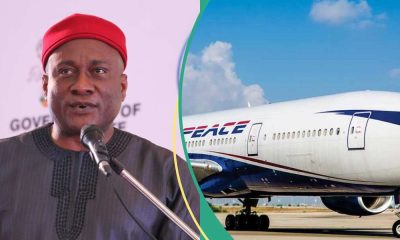
 Aviation7 days ago
Aviation7 days ago
 Business4 days ago
Business4 days ago
 Business4 days ago
Business4 days ago
 Education4 days ago
Education4 days ago
 Crime4 days ago
Crime4 days ago
 Business1 week ago
Business1 week ago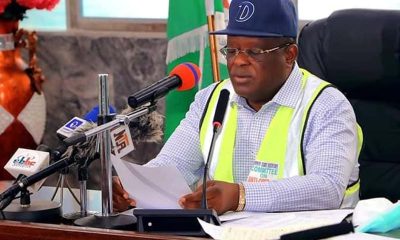
 Business6 days ago
Business6 days ago
 Business4 days ago
Business4 days ago


